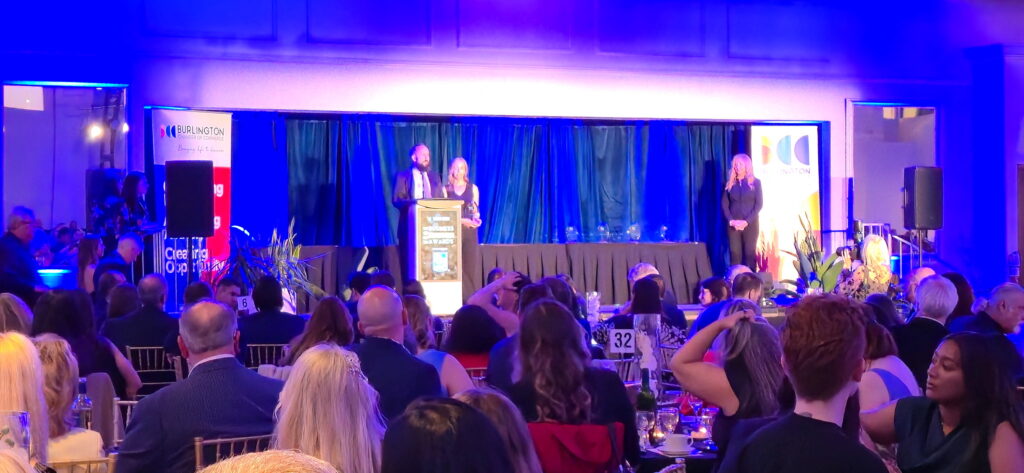Many of our clients provide generous donations of money, goods and services to numerous worthy causes, including community and national organizations, we thank them for that. However, we have seen numerous cases where CRA re-assessment issues would have applied without corrective action prior to the filing of annual income tax returns. Additionally, we often interact with clients who have misunderstood the real financial impacts of providing a gift. Following are a number of pitfalls and tips to consider:
- Only organizations registered with the Canada Revenue Agency (CRA) are eligible to issue official charitable donation receipts that provide the donor with the eligibility to claim a deduction from income. If the organization is not registered, no deduction is allowable for the donor.
- In most situations, a business or individual will need to consider the requirement to report a corresponding ‘deemed revenue amount’ equal to the value of the donated good or service. For example, if a business donates a quantity of inventory to a charitable organization for a tax receipt, the business must also record a corresponding revenue amount for the same amount related to a deemed disposition (i.e. presumably the fair market value amount). Further, remittance of HST may also apply based on the deemed revenue amount.
- Where money, goods or services are provided by the donor for a charitable event, it is only the ‘excess’ of the donated amount above the advantage to the donor (i.e. dinner, golf fees, entertainment) that is eligible for an official charitable receipt and deduction by the donor, assuming that a registered charity is involved. In cases where the advantage equals the donated amount or the event is not organized by a registered charity, it is possible that no amount is deductible from income. However, in the case of businesses, it may be possible to relate the donation to advertising, promotion or entertainment allowing some form of deductibility.
- The gift must be provided on a ‘voluntary’ basis by the donor. There could be a question of deductibility of a gift where it is tied into a mandatory condition or requirement of a contract.
- Other than money, only gifts of tangible property are eligible for official donation receipts. Where possible, CRA encourages the donor to issue an invoice to the charitable organization, where the charitable organization can exchange cheques with the donor.
- Gifts of services are not eligible for official donation receipts from a registered charity. However, it is possible for a donor to invoice the charitable organization where an exchange of cheques can take place.
To find out more, visit: Gifts of services – Canada.ca
- There are a number of transactions specified by the CRA that generally do not qualify as gifts, including the payment of an admission fee, payment for a lottery ticket or game of chance, where the advantage to the donor is greater than 80% of the value of the donation, where the fair market value of a gift cannot be determined, donations in exchange for advertising and promotion, gifts of promises (gift certificates, hotel accommodations etc.), pledges, use of a timeshare, or the lease of premises.
- If the value of the donated property is greater than $ 1,000, the CRA encourages the charitable donation to arrange for a 3rd party independent appraisal, thus the organization cannot simply accept the value represented by the donor.
- Ensure that you receive an official charitable donation receipt that includes the charitable number and required information designated by the CRA. Individuals, trusts and estates must submit the official receipts; incorporated businesses need to supply the name and charitable number with their annual corporate income tax return.
- Where the source of funds for a gift will be retrieved from a publicly traded shares and stock options, rather than liquidating the investment first and forwarding the funds to the charitable organization, consider donating the public traded security directly ‘in-kind’. This strategy will allow you to receive a donation receipt equal to the fair market value of the security and take advantage of the zero-inclusion rate of any capital gain realized on the exchange shares of those publicly listed securities.
For more information, visit: Gifts of publicly traded shares and stock options – Canada.ca
Updated June 25, 2024




